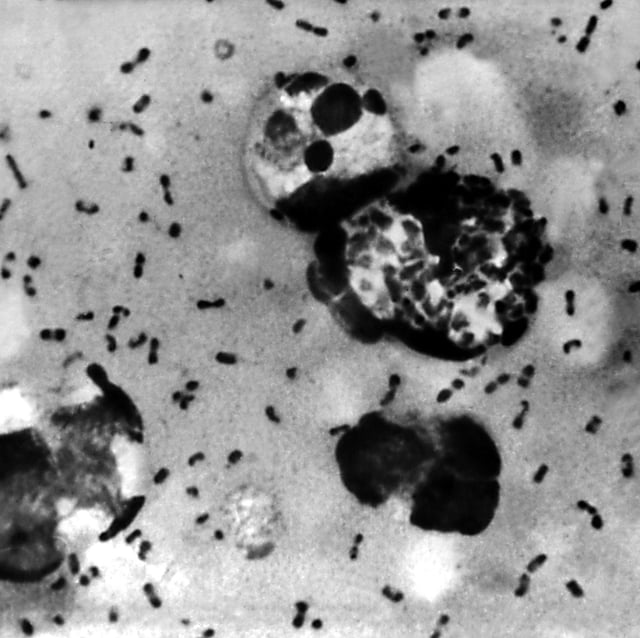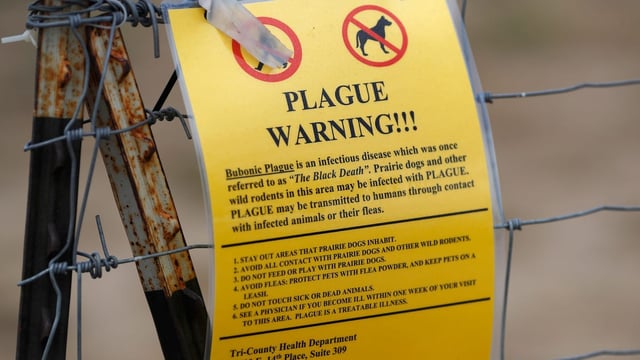Overview
- A recent case of bubonic plague in Oregon, transmitted from a pet cat to its owner, has raised concerns but health officials assure it's treatable with antibiotics.
- The infected individual in Oregon is the state's first known case in nearly a decade, with the disease being rare in the U.S. but still present.
- Bubonic plague, caused by the Yersinia pestis bacteria, can be fatal if untreated but has a high recovery rate with prompt antibiotic treatment.
- Human-to-human transmission of bubonic plague is rare, with most infections resulting from flea bites or contact with infected animals.
- Preventative measures include avoiding contact with wild rodents and their fleas, and ensuring pets are treated for fleas.



